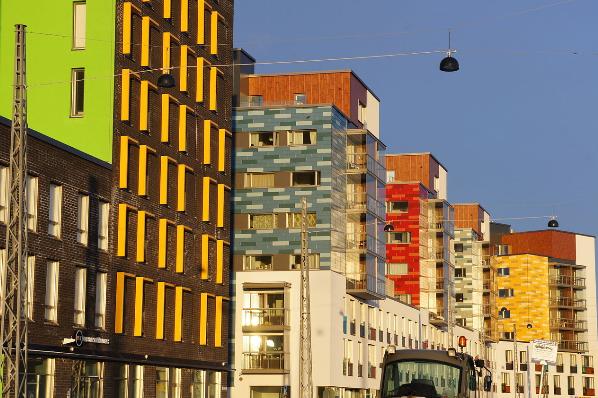According to a new report, World Student Housing 2015, published by Savills, Berlin is the cheapest top tier city in the world for international students and Boston is the most expensive.
The report compared the cost of living, accommodation and tuition across 22 global university cities for an international student studying a science degree and residing in a quality purpose-built student accommodation. It found that a student in Berlin can expect to spend just over €906 (US$1,000) a month, whereas their counterpart in Boston needs five times as much at €4,934 ($5,446).

Many of the student housing markets in major European countries are still in their infancy, but at various stages of development and representing significant untapped potential for those willing to help nurture them. Investment has been pioneered by local players, but the international market is taking note.
The Netherlands, arguably the most ‘Anglophile’ in its education offer (more courses are provided in English here than in any other non-English speaking market) has seen among the highest levels of new investment in recent years. Developers have successfully adapted the UK and US model for this market making it a highly investible proposition.
In the German market, early investors have found success by offering a premium product to compete against the affordable not for profit (Studentenwerk) product. The premium approach has also worked in key Spanish cities, differentiating against an affordable private rented sector. Victoria Hall were early entrants in Spain and Germany. In the most investible student cities of France, notably Paris, sites are in short supply and accommodation supply is limited, which has put downward pressure on yields
Paul Tostevin, associate director, Savills World Research, commented: “According to our research, European universities have a clear advantage over other destinations if a student’s choice of location is predicated just on cost. However, the reputation of an institution, the job prospects after graduation and the language in which a course is taught tend to play a greater part in the decision-making process, hence why we continue to see large proportions of students choosing to study in more traditional – albeit expensive – locations.”
Source: Savills















